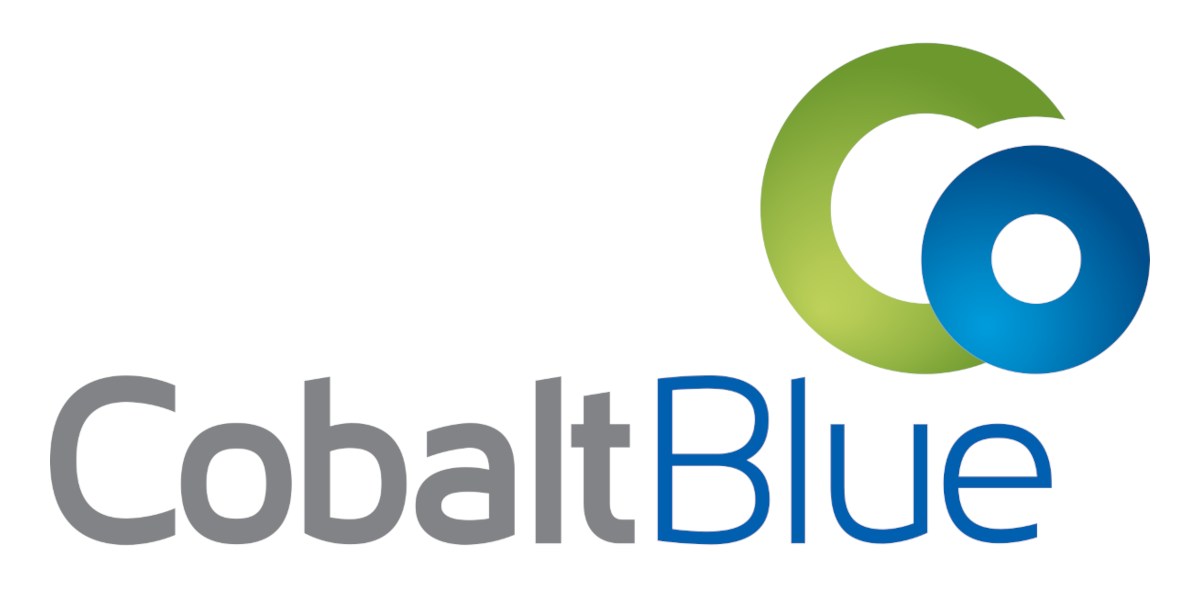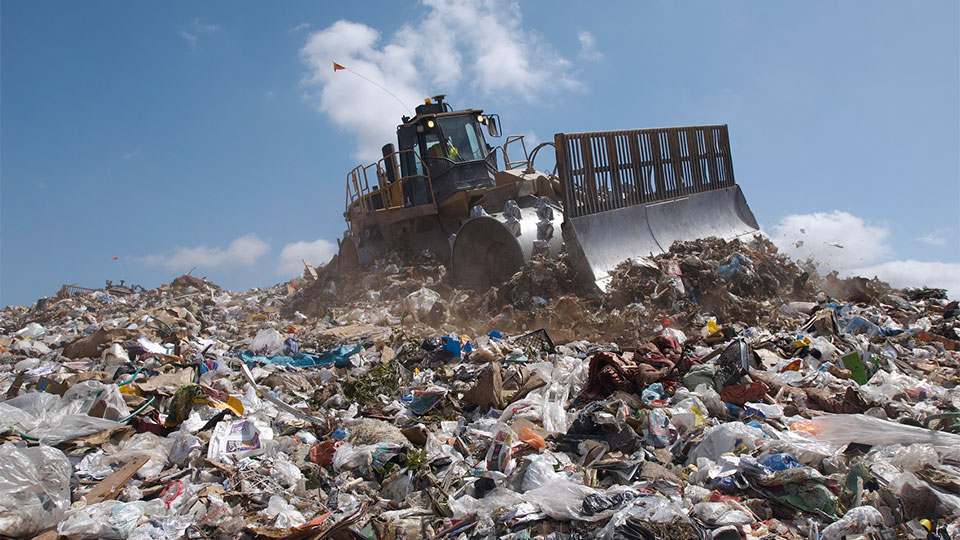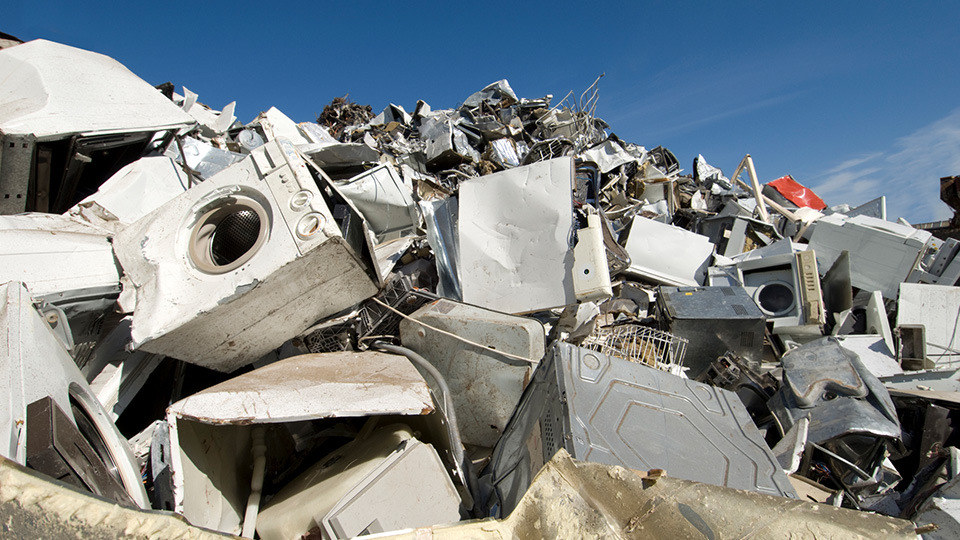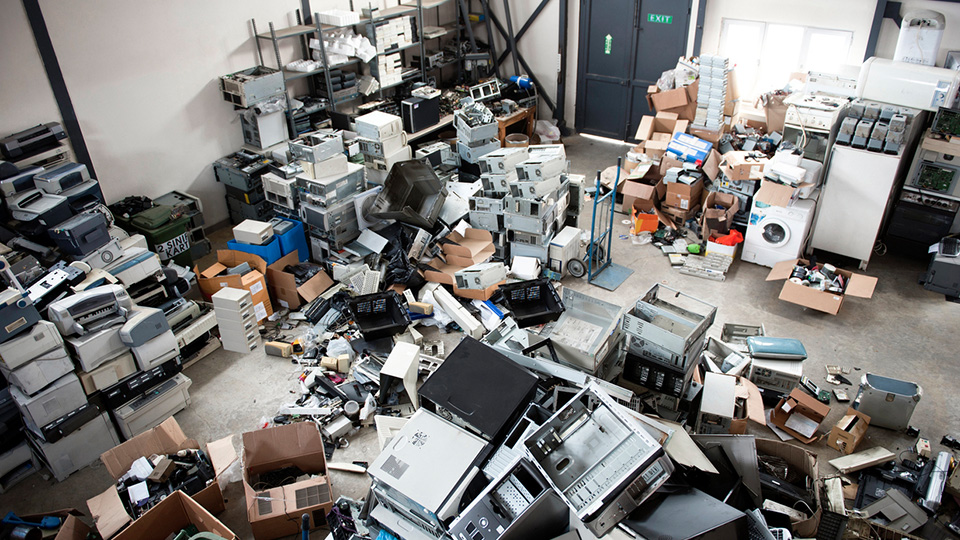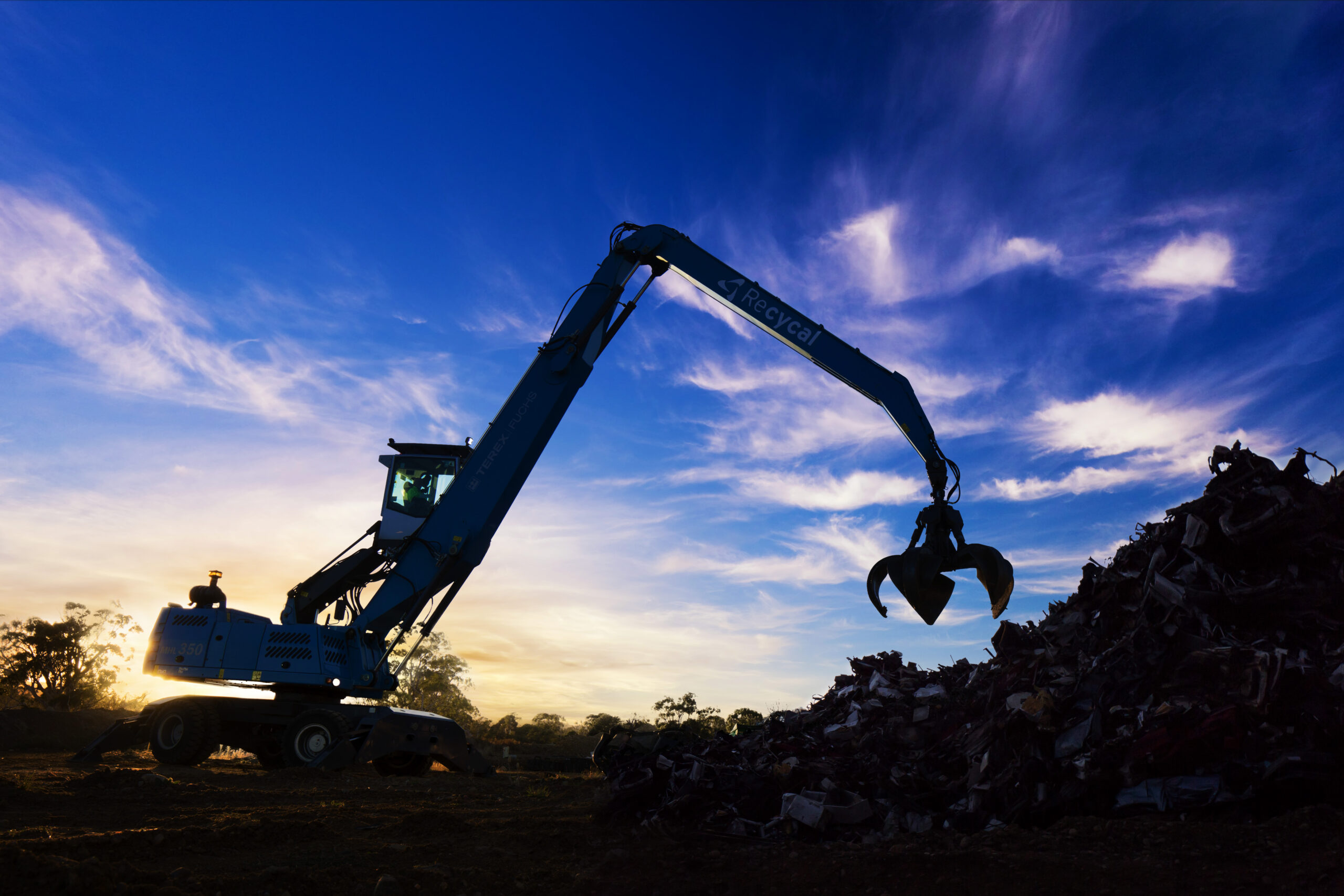Dental and medical professionals provide healthcare every day with the help of various tools, many of which can be recycled when disposed of properly.
While some medical and dental products can be discarded in the normal recycling bin, others contain hazardous materials such as mercury and need to be handled through specialist services.
Recycling mercury-containing products prevents the toxic metal from ending up in landfill and potentially leaking into waterways, which can have devastating consequences.
The recycling process also gives materials recovered from old products a second life in new uses, which helps preserve non-renewable resources.
Dental amalgam is one of the more commonly known mercury-containing materials used in the health space, but there are other products out there that need to be recycled with care.
Here are 3 things that dental and medical clinics may not know they can recycle:
1. Thermostats, thermometers and sphygmomanometers
Doctors have long used traditional sphygmomanometers to measure our blood pressure, but these devices are slowly being replaced by digital devices.
Many old sphygmomanometers contain quite large amounts of mercury and can be safely recycled when it’s time to upgrade.
Old-style thermometers are facing a similar fate to sphygmomanometers, as modern technology phases out these mercury-containing devices.
Mercury-containing thermostats are harder to find these days but should still be disposed of with care.
While it might seem easier to store these older devices away in a drawer, they all contain great quantities of mercury and can pose a significant spillage risk unless they are recycled properly.
2. X-ray films
X-rays have largely gone digital across Australia these days, but there are still plenty of hospitals and radiology centres sitting on stacks of old, silver-based X-ray film.
Silver-based films are also still in use in some parts of the photography industry however, it too has become a niche practice thanks to technology.
Fortunately, X-ray films and other types of silver-based films can be recycled.
The recycling process recovers the silver, which is sold into the precious metals market, and disposes of the residual chemicals in line with EPA (Environment Protection Authority) requirements.
3. Batteries
Batteries are commonplace in medical and dental clinics, just like most homes and workplaces.
All types of batteries can be recycled, which recovers a range of materials including mercury, lead, silver, nickel, cadmium, steel, lithium and plastic.
So, whether your clinic has common AA batteries, mobile phone batteries or more niche batteries to discard, there are different recycling services available to handle different types of used power cells.
Need help with recycling dental and medical equipment?
As Australasia’s most experienced mercury recovery and recycling company, Ecocycle can take care of your dental and medical recycling requirements.
We can tailor a recycling program to your specific needs, arranging convenient collections and help you meet your organisation’s environmental targets.
For more information, give us a call on 1300 32 62 92 or fill out the form below and one of our friendly specialists will help find a solution for your clinic.
"*" indicates required fields

